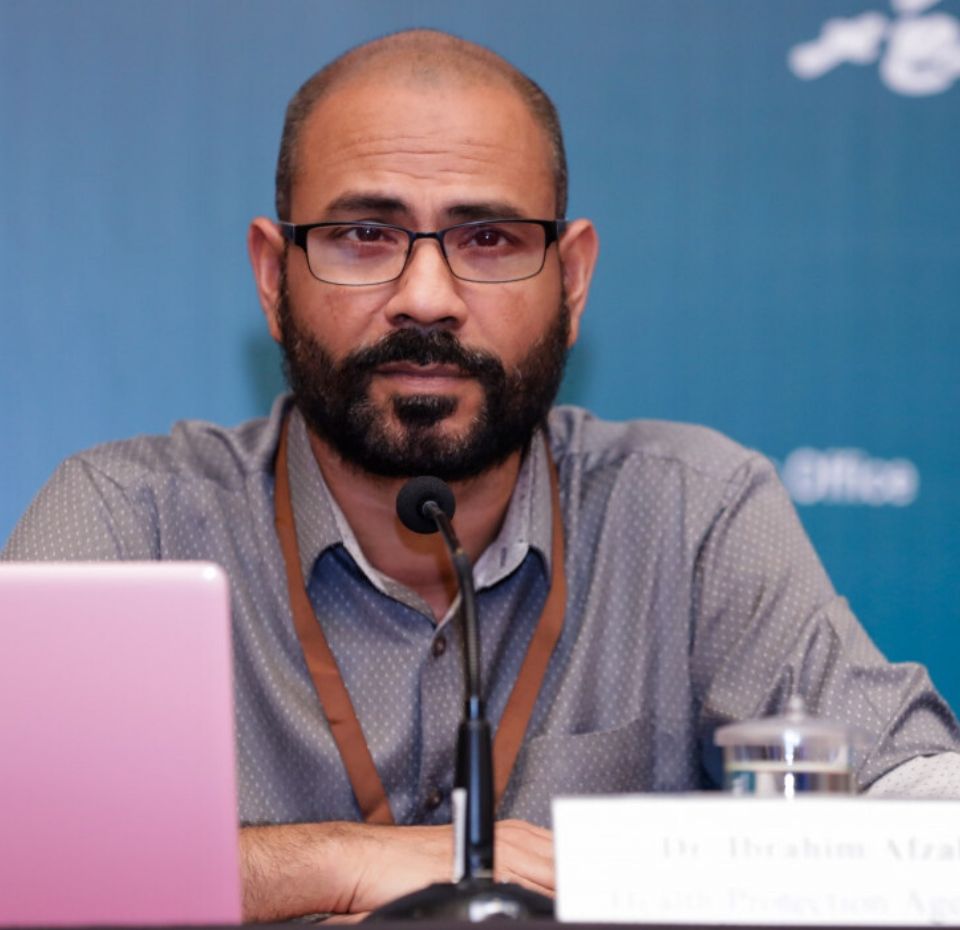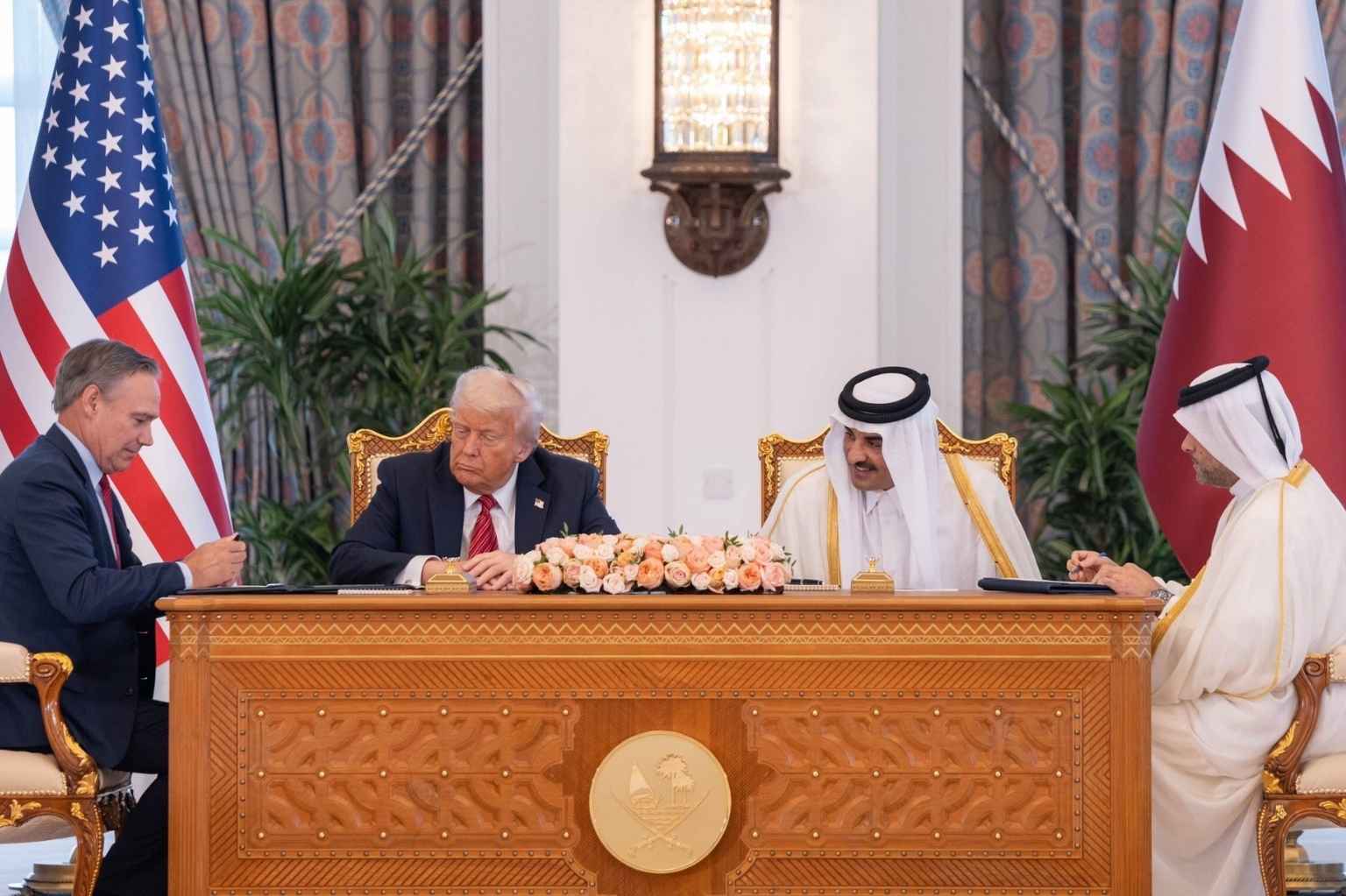It has been more than a month since the capital of Maldives, Male’ City was placed under a full lockdown. The island nation further extended the lockdown to 28th of May 2020, bracing for a potential surge during the period looking at the situation of maldives.
Within the week, the number of infected cases in Maldives reached to 1094 cases while 04 has died from the virus. Positive cases have also been recorded in other parts of Maldives including Sh. Narudhoo, H. A. Thakandhoo, N. Manadhoo, Sh. Milandhoo, H. A. Uligan, K. Himmafushi, and K. Thulusdhoo. However, the country has seen more recoveries, recording 59 individuals’ recoveries from COVID-19.
Majority of the infected being foreign nationals working in Maldives, several repatriation initiatives have been taken to support individuals wishing to return home. On 16th May 2020, the government of Maldives chartered a BIMAN Bangladesh Airline’s flight to help repatriate 353 Bangladeshis stranded in Maldives. Additional 70 Bangladeshis were repatriated on the following day through a Bangladesh Airforce flight. In addition to that, Maldivian Airlines has been operating rescue flights in aid of Maldivian nationals stranded abroad. This includes the repatriation of 234 Maldivians stranded across 16 cities in India on 11th May 2020.
The government of Bangladesh has been extending their generosity in aiding Maldives during this unprecedented time. On 16th May 2020, a second Bangladesh Air Force flight arrived in Maldives with 7000 kgs of food, medical equipment and medicine.
On behalf of the President of Maldives HE Ibrahim Mohamed Solih, and the people of the Maldives, I would like to thank the Prime Minister of Bangladesh Sheikh Hasina, Foreign Minister Dr. A K Abdul Momen, the Government and the people of Bangladesh for this gesture of goodwill and generosity. It is a manifest reflection of the close friendship and the significant historic bonds that exist between our two brotherly nations.”
Press Statement by Abdulla Shahid, Minister of Foreign Affairs, Maldives
With more than 1300 individuals currently in quarantine facilities, health authorities have been strengthening the precautionary measures to contain the virus. Given the current situation, the authorities had projected a significant surge in the number of infected cases by the end of May 2020. Due to which, the Director General took the decision to further extended the lockdown in order to ensure public safety.
Health Minister Abdulla Ameen had stated that the lockdown in greater Male’ area cannot be lifted just yet and that he did not believe it could be lifted in the near future. Health professionals warned that Maldives could reach 77,000 cases by the end of May, urging the public to adhere to their advice and implement social distancing even at homes.
The government of Maldives has been supporting the public in several ways in this situation, including granting financial aid and loans to those affected by the pandemic. The government introduced an ‘Income Support Allowance’ and revealed on 13th May 2020 the eligibility criteria for the scheme. Under the scheme, government will grant an allowance up to MVR 5000 to individuals who were dismissed or suspended from employment, those on leave without pay, those facing salary deductions, and freelancers.
The entire world has been battling COVID-19 for months and has seen the despairing impact of the virus on daily lives.
Despite the past challenging months, a number of countries has slowly started easing travel restrictions while several grounded airlines have picked up travel. Plenty of hotels and resorts have started preparing to reopen under strict conditions and safety standards in place.
The Italian government also announced the plans to reopen their borders on 03rd June 2020. This would benefit the Maldivian tourism industry once the borders reopen in the island nation as Italy is a large part of the tourist arrivals in Maldives. However hopeful tomorrow seems, it is no doubt that the post COVID-19 world would be much different from what was known to everyone.
Looking at the changing situations across the world, Maldives is hopeful in overcoming the situation and resuming living normal lives.








